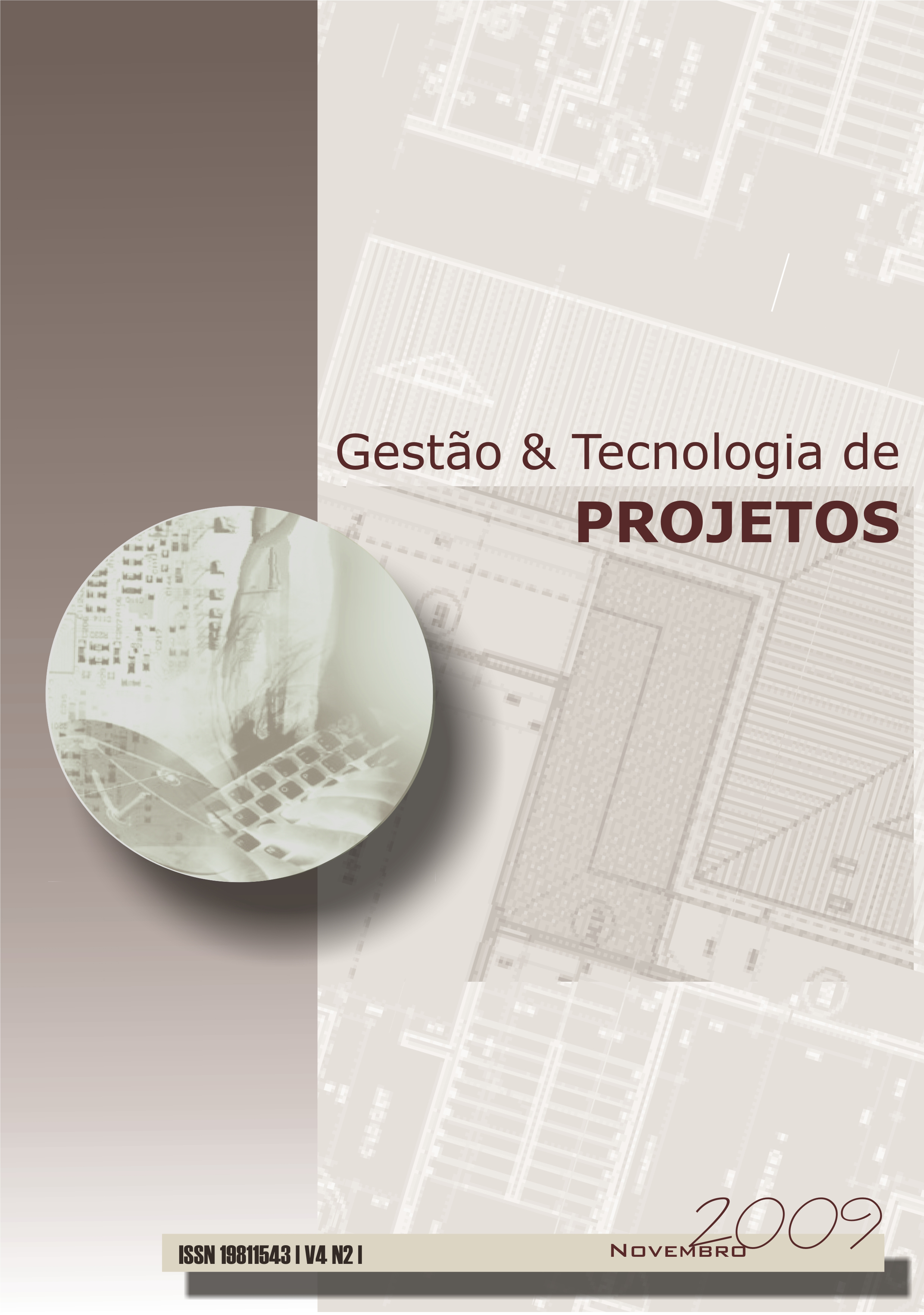Impact of a Fragmented Regulatory Environment on Sustainable Urban Development Design Management
DOI:
https://doi.org/10.4237/gtp.v4i2.133Resumo
The building project development approval process is increasingly complex and fraught with conflict due to the rise of the sustainable urban development movement and inclusive decision making. Coupled with this, government decision-making decentralization has resulted in a fragmented and over-regulated compliance system. Problems arising from the process include wasted resources, excessive time delays, increased holding and litigation costs, inadequate planning coordination, high levels of advocacy costs and a divisive politicized approval process. In Australia, despite attempts by government and industry associations, numerous problems are still unresolved. Design managers increasingly assume a liaison role during the approval phase. There is a long tradition of planning theory literature which provides context for understanding the knowledge-power-participation relationship for this paper. This study investigated the policy, process and practice conflicts during the approval stage in achieving sustainable urban developments. Three regional local government areas within one state jurisdiction and observations from detailed structured focus group interviews involving 23 stakeholders, proposers and assessors were analysed to explore this conflictual environment. As a result of regulatory fragmentation and excessive consultation, various persuasion tactics have been developed by all stakeholders of which `reciprocity' and `authority' were identified as the most common. Two challenges for design managers were thus identified: first, the emergence of the role of a by default central informal arbitrator across conflicting planning instruments; and, second, as a navigator through a set of persuasion tactics. An inclusive knowledge-based design management framework for sustainable urban development is proposed considering Habermas' communicative planning theory, Foucaltian governance and discursive powers thesis and Cialdini's persuasion theory, as well as being grounded in the key empirical results from this study, using various types and sources of knowledge as an authoritative persuasion tactic. Published in the Journal AEDM Volume 5, Numbers 1-2, 2009 , pp. 5-23(19)Downloads
Os dados de download ainda não estão disponíveis.
Referências
Publicado
15-12-2009
Edição
Seção
Resumos de Artigos Publicados "Architectural Engineering and Design Management"
Licença
Autores que publicam nesta revista concordam com os seguintes termos:
- Autores mantém os direitos autorais e concedem à revista o direito de primeira publicação, com o trabalho simultaneamente licenciado sob a Licença Creative Commons Attribution-NonCommercial-NoDerivatives 4.0 que permite o compartilhamento do trabalho com reconhecimento da autoria e publicação inicial nesta revista.
- Autores têm autorização para assumir contratos adicionais separadamente, para distribuição não-exclusiva da versão do trabalho publicada nesta revista (ex.: publicar em repositório institucional ou como capítulo de livro), com reconhecimento de autoria e publicação inicial nesta revista.
- Autores têm permissão e são estimulados a publicar e distribuir seu trabalho online (ex.: em repositórios institucionais ou na sua página pessoal) a qualquer ponto antes ou durante o processo editorial, já que isso pode gerar alterações produtivas, bem como aumentar o impacto e a citação do trabalho publicado (Veja O Efeito do Acesso Livre).
Como Citar
LONDON, Kerry Anne; CADMAN, Katie. Impact of a Fragmented Regulatory Environment on Sustainable Urban Development Design Management. Gestão & Tecnologia de Projetos, São Carlos, v. 4, n. 2, p. p.139–139, 2009. DOI: 10.4237/gtp.v4i2.133. Disponível em: https://revistas.usp.br/gestaodeprojetos/article/view/50962. Acesso em: 7 fev. 2026.








